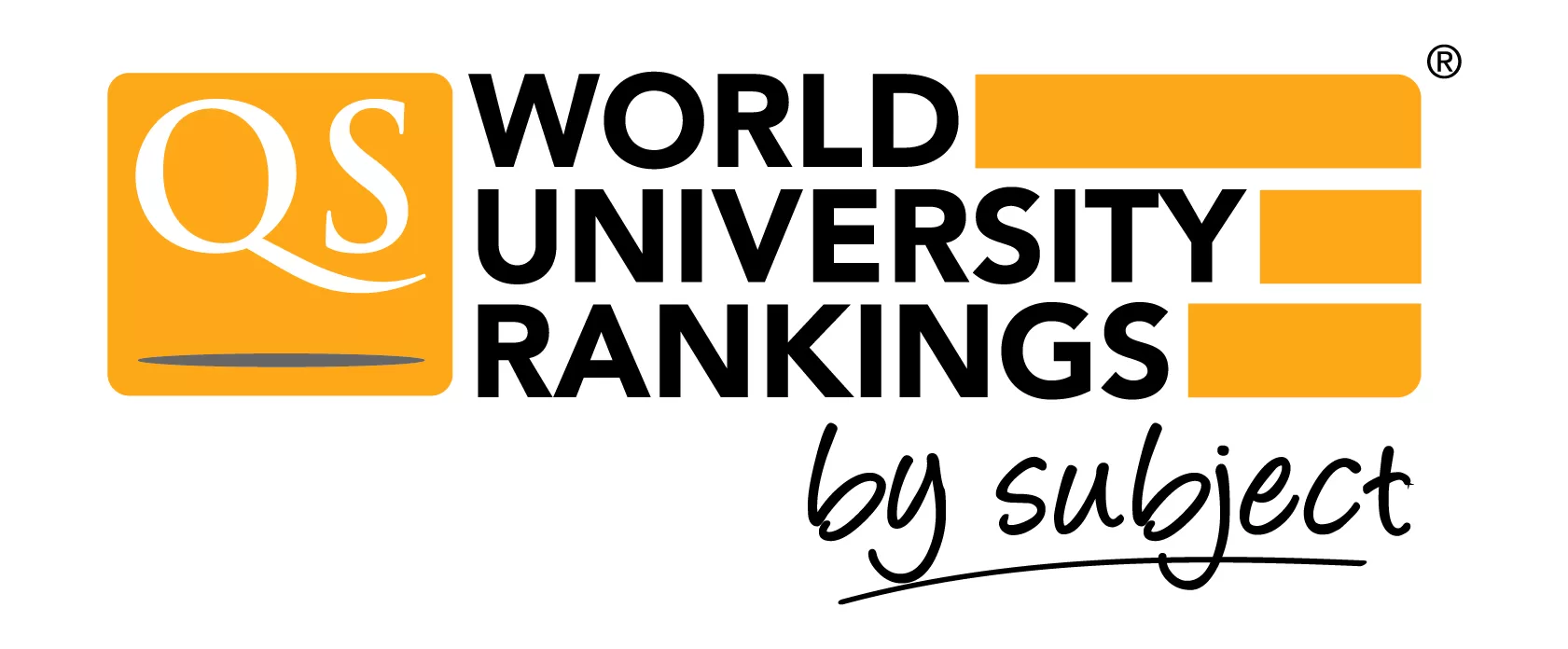
QS is about to publish the World University Rankings by Subject for the third time. They will be more comprehensive and detailed than ever.
The 2013 subject rankings will include a new subject, agriculture and forestry. Growing populations and changing dietary demands mean that this ancient human concern has never been more topical. We are sure you will want to know the top universities around the world for research and teaching in this area.
The addition of agriculture will bring the total number of subjects we cover to 30. Between them they cover the vast bulk of academic activity, whether in terms of teaching and student numbers, or of research.
Over the past year we have also looked at a range of other possible subjects for inclusion. However, agriculture is the only one for which we felt we had the data needed to provide a reliable outcome.
In addition to a new subject, we are amending the subject rankings by adding a new indicator.
In their first two years, we drew up the rankings on the basis of three measures: citations data, academic opinion and employer opinion. The weightings of the three were subject to “variable geometry.” In some subjects, for example, citations are more important than in others, and in these they would account for a higher share of a university’s possible score.
We are now adding a new measure to these three in the shape of the H-index. Readers of Higher Education World probably know all about this indicator, invented in 2005 by the physicist Jorge Hirsch, a professor at the University of California, San Diego. But if not, here is an article on the matter by Alex Bateman of the Wellcome Trust.
The H-index for an individual, or in our case for a department, combines the number of papers they have generated and the number of times the papers have been cited. So it rewards both quality and quantity. By contrast, our other citation measure is prone to being skewed by a small number of highly-cited papers. Our analysis shows that it correlates well with academic and employer opinion of university achievement in specific subjects.



